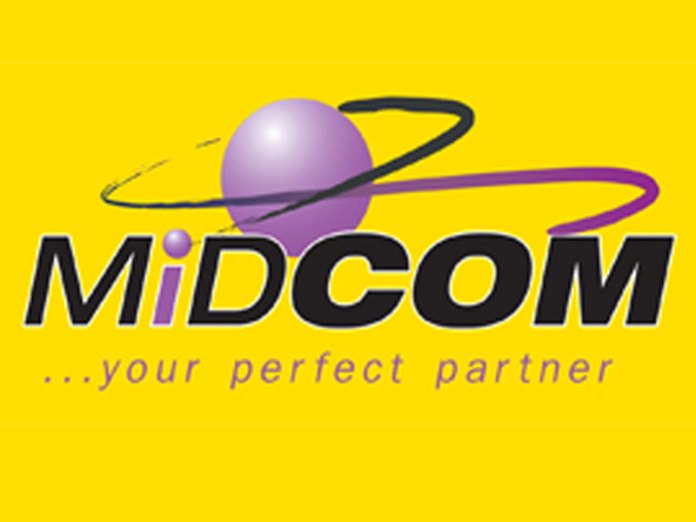Midcom Group has announced a $50million retail expansion, growing its Mstore brand from 300 outlets, to 1,300 in 2018 and over 2,000 outlets by 2020, which will make Mstore the largest mobile and electronics retailer in Africa and create over 5,000 jobs.
Midcom operates across 17 countries in Africa, the Middle East and Asia in a variety of industries including telecommunications, consumer electronics, dairy, education, commercial and residential real estate and Forex.
Mstore currently has a presence across Kenya, Tanzania, Uganda, Rwanda, Nigeria, Ghana and Togo and expansion will see the store increase its presence in these markets and enter new countries, including Chad, Ivory Coast and Senegal.
Midcom Group’s Managing Director, Akash Kumar said in a statement at the weekend that his company had been operating across the continent for over 14 years in an array of industries.
According to him, these industries complement one another by allowing the company to successfully apply the group’s combined knowledge and expertise of African markets and sectors to the continued growth of its brands.
“The expansion of Mstore is the latest realisation of that growth strategy, which we believe any other international organisation moving into these markets would struggle to replicate. By starting small, with 300 locations, we’ve used our knowledge of the markets to apply a strategy that will make us the largest mobile and electronics retailer on the continent. The expansion of Mstore will support another of our businesses, FERO, our recently launched line of mobile phones, by providing full sales and technical support to FERO customers across our markets. This type of on-the-ground support is a service no other mobile operator in Africa is able to offer,” Kumar explained.
Midcom Group’s new FERO range of mobile phones are designed specifically for African markets, offering 16 models, from entry-level feature phones through to sophisticated premium smartphones targeting the top end of the market.
“We are operating retail outlets in prime locations to provide the best experience to our customers, who are now able to enjoy the ease of buying global leading devices in their region with manufacturer warranty. It is a win-win situation for the consumer, our partners and the group,” Kumar added.
All Mstores are strategically located at prime locations in major cities across Africa and are equipped with state-of-the-art infrastructure and IT tools to manage operations, along with well-trained experts providing customers with knowledge and technical expertise. Each store provides strategic and prominent positions for all brands to display their units. Brand promoters are also present in these stores to provide detailed guidance to customers.
Mstore also provides technical support for customers facing issues with their devices, including a 48-hour turnaround time guarantee to resolve customer issues. MStore generates its loyalty by providing advanced after sales services to satisfy customer needs, including free screen repairs for consumers when the product has been purchased from Mstore.

 Naira4 weeks ago
Naira4 weeks ago
 News4 weeks ago
News4 weeks ago
 Naira4 weeks ago
Naira4 weeks ago
 Travel3 weeks ago
Travel3 weeks ago
 Jobs4 weeks ago
Jobs4 weeks ago
 Naira3 weeks ago
Naira3 weeks ago
 Naira3 weeks ago
Naira3 weeks ago
 Investment4 weeks ago
Investment4 weeks ago






























